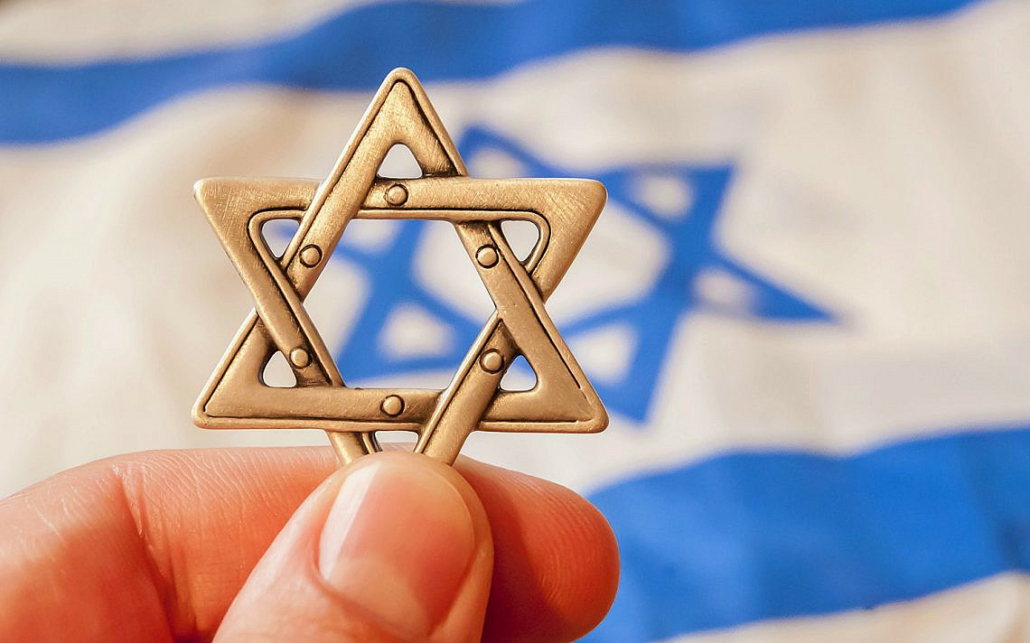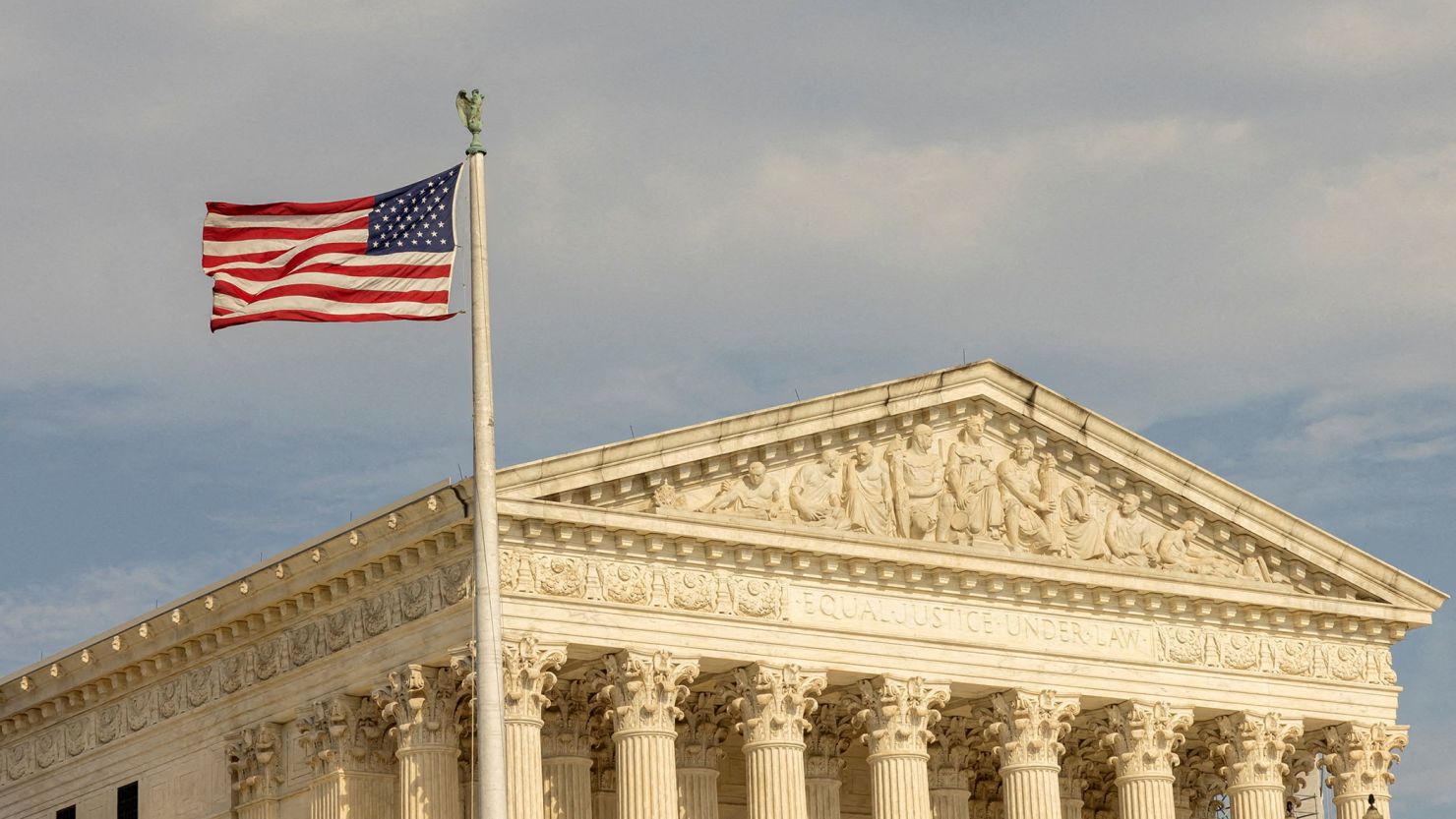White
We left the King Center in Atlanta just after the group met with nonviolence advocate Vonetta West. Ready to depart for home, we received a warning. There could be protests at the airports. We might be safer putting away anything indicating we are Jewish. Vonetta asked what that meant. I showed her the Jewish star around my neck and tucked it into my shirt. But we could hide our Jewish identities beneath our “whiteness.” West is not able to hide her skin color. Her identity can never be hidden or tucked into a shirt.
Hebrew
God promised Abraham the land of Canaan. His flocks grew, and his household increased. When Sarah died near Hebron, Abraham sought a cave for burial. He turned to his neighbors, the Hittites, and said, “I am a resident alien among you.” (Genesis 23:4). Abraham was not part of the Hittite people. He felt like an “other” despite having lived among them. The relationship with the Hittites was fraught. Later generations of Hebrews lived and intermarried with the Hittites. Hittites were sometimes allies and sometimes adversaries of Israel. But to the Hittites, the Hebrews were forever resident aliens in Canaan.
Jewish
Jews thought that we had achieved an invisible, marginalized identity. Jews in America had become “white” people. Some identities cannot be hidden, like skin color and body weight. Others can be obscured, like religion or sexual preference. To be identified as Jewish in public, one must don the attributes of being Jewish. And when antisemitic fervor is unleashed, as it is today, some will suffer for their identity. Just look at the college campuses. Students on campuses wearing yarmulkes have been assaulted. A dorm room where a Jewish flag was displayed was set on fire. Jewish students at many American universities don’t feel safe on campus, where university efforts to address antisemitism fall short, or when Jewish students face persistent discrimination. Jewish students might be taking off their kippot and hiding their Jewish stars in their shirts.
Zionist
I am a Zionist. My connection to Israel is part of my identity. Yet, I also belong to a rabbinic organization where many strongly condemn Israel’s government and policies. I identify some of them as anti-Zionist. We have clashed. I have attempted to shame them. They have criticized me. I can withhold my opinions and my judgment. I can refrain from expressing my support for Israel. But I might diminish my integrity if I hide my identity. I will not be an invisible Zionist. My love for Israel will not be marginalized. I will not tuck my Zionism into my shirt.
Rabbi Evan Krame





